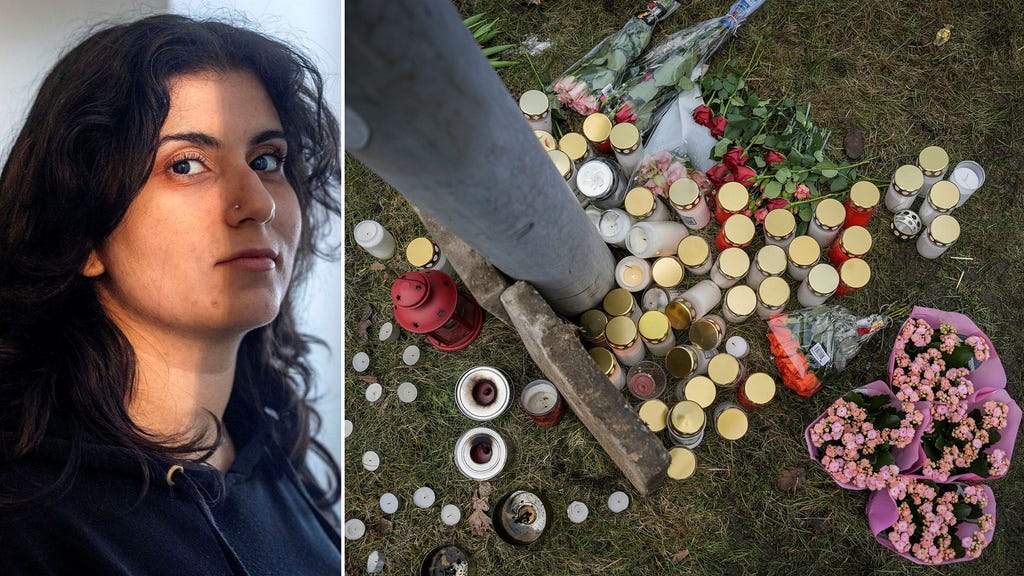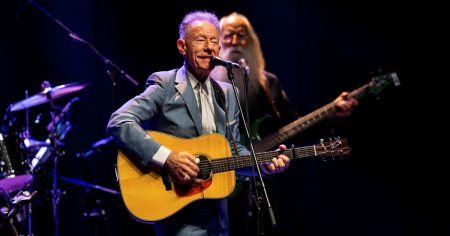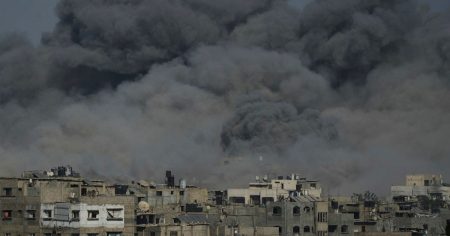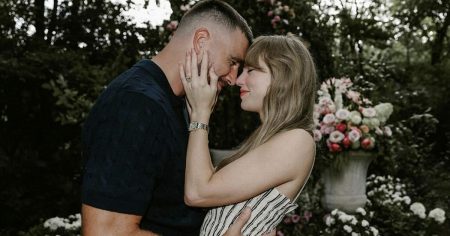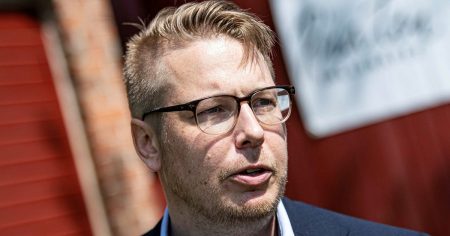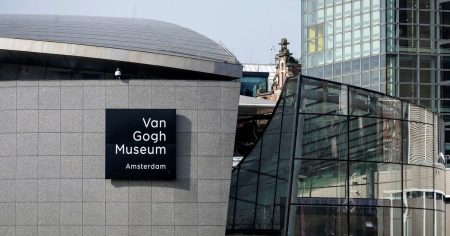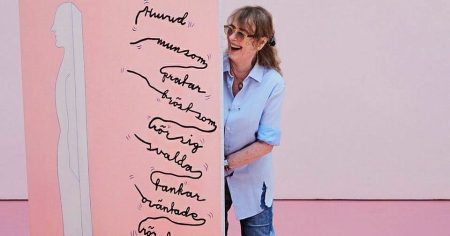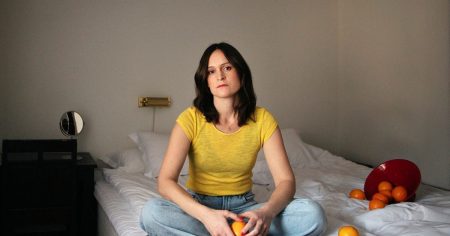The autumn of 2018 marked a significant personal transition, a move to Västhaga in Örebro, placing my family and me in close proximity to the Risbergska school. The light in that area possessed a unique quality, brighter and more beautiful than anywhere else in the city, and the winter snow draped a magical blanket over the December darkness. The Risbergska bus stop became my regular haunt, a crossroads of diverse lives, each individual carrying a blend of haste and hope. My daily journeys to school intersected with the homeward commutes of those attending SFI (Swedish for Immigrants) and Komvux (adult education) courses. This microcosm of global cultures was a constant source of inspiration, witnessing the unifying power of language. The evolving Swedish spoken there, tinged with accents from around the world, represented a striving for belonging in a society often perceived as cold and exclusionary. This everyday interaction at the bus stop became a powerful symbol of integration and aspiration.
The recent tragedy at Risbergska, transforming a place of learning into a scene of death, is a profound heartbreak. This location, so deeply symbolic of cultural exchange, knowledge-seeking, and the pursuit of a better future, now bears the weight of unimaginable sorrow. Risbergska holds an important place in Örebro’s history, originating as the city’s first higher general secondary school for girls, evolving into a gymnasium and later into an adult education center, consistently providing educational opportunities for all. This legacy must be preserved, the tragedy acknowledged and mourned, but the spirit of Risbergska allowed to endure.
The Risbergska bus stop was more than a transit point; it was a birthplace, the cradle of my artistic expression. My earliest poems took shape there, amidst the convergence of E18 and E20, just beyond the clamor of the city center. The location served as a backdrop for pivotal moments, both personal and collective. I recall a specific evening, walking past Risbergska after a heart-wrenching experience, finding solace in the rose-hued sunset clouds that seemed to offer a silent benediction. Personal grief is a deep, abiding ache, a constant undercurrent in life’s narrative. However, collective grief, like the kind currently enveloping Örebro, burns with a different intensity. As this communal wound deepens, the hope remains that solidarity and compassion will prevail.
Örebro, often overshadowed by larger cities, possesses a unique sense of community. We may be perceived as Stockholm’s less glamorous younger sibling, the heart of the ”gnällbälte” (complaining belt), defined by landmarks like Hjälmaren lake, the Svampen water tower, and the historic castle. But Örebro is more than these symbols. It’s the warmth of a summer evening on Satin’s outdoor terrace, the shared cigarettes at Södermalmsplan, the whispered confessions of love on Rudbecksgatan. We are a railway city, connecting east and west, with the Svartån river flowing through our collective veins. Our city embraces a blend of light and shadow, where devils and angels coexist. This inherent warmth will endure, and it is my fervent hope that this period of grief will foster increased empathy and understanding amongst us.
The constant questioning of immigrants’ humanity and their willingness to contribute to Swedish society is a disheartening reality. The narrative at Risbergska bus stop, however, counters this prejudiced perspective. It showcases the eagerness of newcomers to learn the language, integrate into the community, and contribute their unique skills and experiences to their adopted home. The bus stop became a microcosm of societal integration, a daily demonstration of the human desire to belong and contribute. The vibrant tapestry of cultures, woven together by the common thread of language acquisition, speaks volumes about the potential for positive intercultural exchange.
The tragedy at Risbergska serves as a stark reminder of the fragility of life and the importance of fostering inclusive communities. The spirit of Risbergska, as a beacon of education and cultural integration, must be preserved. This requires not only mourning the loss but also actively working towards creating a society where such tragedies are less likely to occur. This involves addressing the underlying biases and prejudices that fuel societal divisions and marginalization. The hope is that the collective grief experienced in Örebro will translate into a renewed commitment to building a stronger, more inclusive, and compassionate community, honoring the memories of those lost by striving for a better future.





